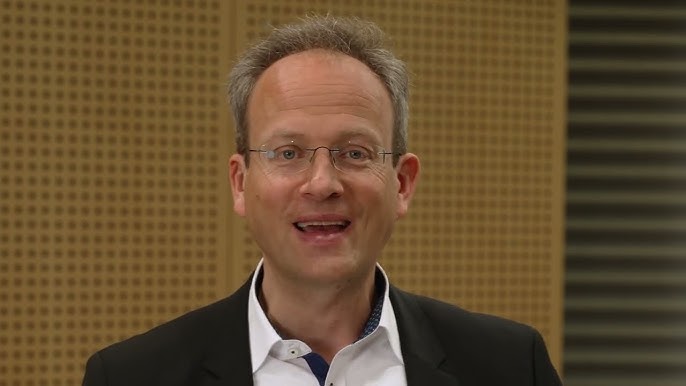Germany: Round table organises DVB-I preparation phase
March 17, 2025

Public and private television broadcasters are working together with associations and organisations to develop a framework for the market launch of DVB-I in Germany. The aim is to create the conditions to simplify the transformation of linear television into streaming.
“The new DVB-I TV standard will soon merge streaming and traditional television to an even greater level. Because it combines the findability of broadcasting, user-friendliness and efficient use of resources ─ these are three good reasons why we as a media authority want to prepare the market launch together with market participants and associations”, commented Dr Thorsten Schmiege, President of the Bavarian Regulatory Authority for New Media (BLM).
Schmiege, as coordinator of the Innovation and Infrastructure Committee of the Directors’ Conference of the State Media Authorities, is moderating the preparation of the market launch with all stakeholders at a round table.
The open DVB-I standard enables integrated use of linear television via IP streaming without the need to launch a separate app. In addition, programmes from different distribution channels such as cable, satellite and antenna can be combined with pure IP streaming on the TV set in future. Viewers will still have the usual simple direct access to TV content in a common user interface with many additional services, an improved programme guide and a seamless transition to non-linear offerings from the broadcasters.
The ‘DVB-I Round Table’ was initiated in 2024 to prepare the conditions for the market launch of DVB-I in Germany, under consideration of aspects of media and antitrust law. Under the moderation of the media authorities ARD, ProSiebenSat.1 Media, RTL Deutschland, ZDF, the Federal Network Agency, VAUNET, and ZVEI are participating.
Organised by the Round Table, working groups have been addressing relevant detailed questions for a possible DVB-I offering in Germany since the beginning of 2025. The main focuses of the working groups are the definition of product requirements, the organisation and operation of a joint service list, aspects of non-discriminatory access for programme providers, the discussion about certification of receiver devices, and the creation of a road map up to the market launch.
A project office is organising the work at the Round Table and in the working groups. The project office is based at Bayerische Medien Technik (bmt), a subsidiary of BLM and Bayerischer Rundfunk.
In parallel to the Round Table, the DVB-I Task Force of Deutsche TV-Plattform is developing a technical implementation profile for receivers. The DVB-I Pilot Germany, which was launched in 2022 and successfully tested this technology as a potential solution and presented it to the public, has now been completed.
Other posts by :
- Russian satellite tumbling out of control
- FCC boss praises AST SpaceMobile
- Rakuten makes historic satellite video call
- Rocket Lab confirms D2C ambitions
- Turkey establishes satellite production ecosystem
- Italy joins Germany in IRIS2 alternate thoughts
- Kazakhstan to create museum at Yuri Gagarin launch site
- AST SpaceMobile gets $42 or $1500 price target
- Analyst: GEO bloodbath taking place
